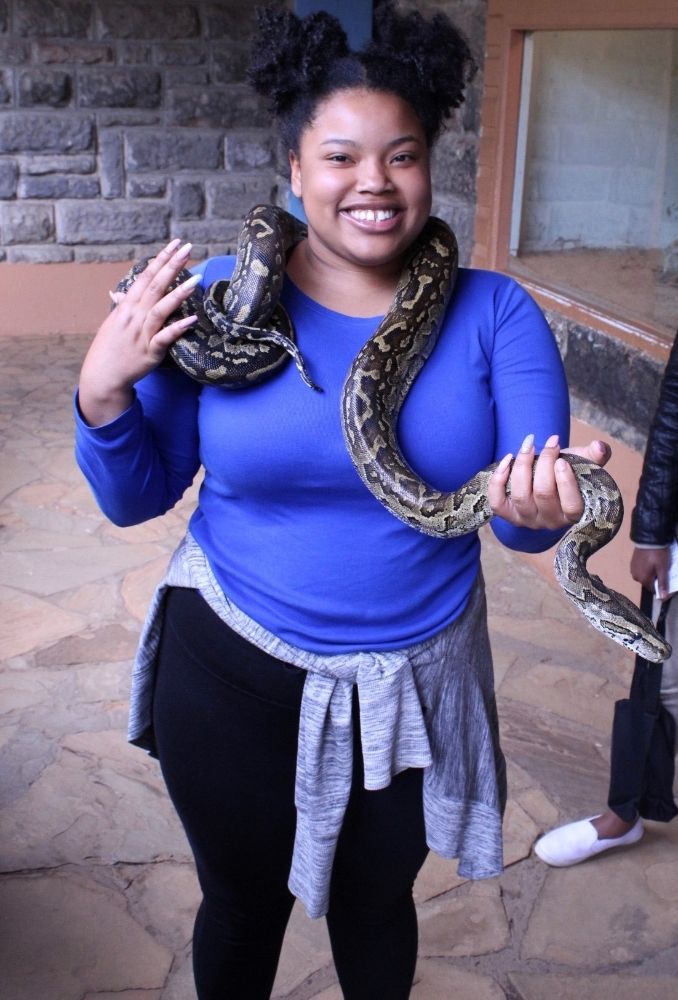MY SOUTH AFRICAN EXPERIENCE - MIA
09/25/2020While in South Africa something that kept coming up for me was health care and how it was unavailable to a lot of people because of lack of money. I saw the comparison from the lens of being in South Africa and when I came back to the U.S I realized that the Health Care Crisis was right here at home as well. The Center of Disease Control and Prevention (CDC) lists that as of January 2017 the number of uninsured persons under 65 were 28.2 million, these statistics were prior to the Affordable Care Act being repealed. During a conversation with my school principal, Ms.Winkfield, we discussed how with a new registered nurse coming to the school there was an opportunity to serve the community. The vision for the upcoming school year is to provide basic health care to up to 100 uninsured community members from my local high school on weekends and after school hours. This has concreted my passion in becoming a doctor, by the time I got home from South Africa I had made my decision: providing health care for underprivileged communities would now be my life’s work.
Before South Africa, places like Kliptown in particular, were said like a cautionary tale “eat all your food there’s children in Africa starving”. One of the things that impacted me most was the reality of these people existing. Despite being poor, they had the same desires as we did,
to be successful, to prosper, to do better, to have more, to surpass their current situation. The realization of the “human thread” of all of us wanting the same, all of us wanting the same for ourselves, our children, our families, our communities, our world. The realization that we all want a better world, a happier, safer world for people like us. Regardless of where in the world we are, we are all wishing very similar things.
I learned a lot more than I expected about the similarities between the two countries, struggling against the artificial barriers that race and money create. Artificial barriers that
don’t allow healthcare, access to education, employment, or housing. There’s two countries which committed - and continue to commit- horrible acts against black and brown people. Segregation in the United States ended in 1964. The Apartheid in South Africa ended in 1994. Still the issues that were indoctrinated remain: racism, colorism, violence, and injustice towards people of color. Yet student activists in both counties on either side of the world are
fighting to make the change in society having influence in social consciousness and greater political issues.
The world is becoming smaller everyday as technology advances, with a couple taps or clicks of a button you can see pictures, get information, learn the history, or even speak to a person from a place across the world. At the same time part of the importance of being a global citizen comes from the world being so diverse. Experiencing other people’s culture and customs can make a well rounded person capable of being more than yourself, more than your immediate circle or even the country you live in. Global-citizenship allows you to connect to people regardless of economic status, color, religion , sexual orientation or other surface level identifying traits and labels.

